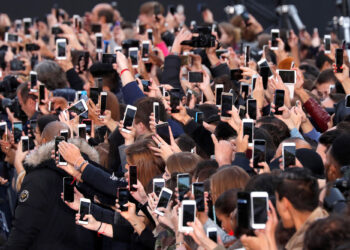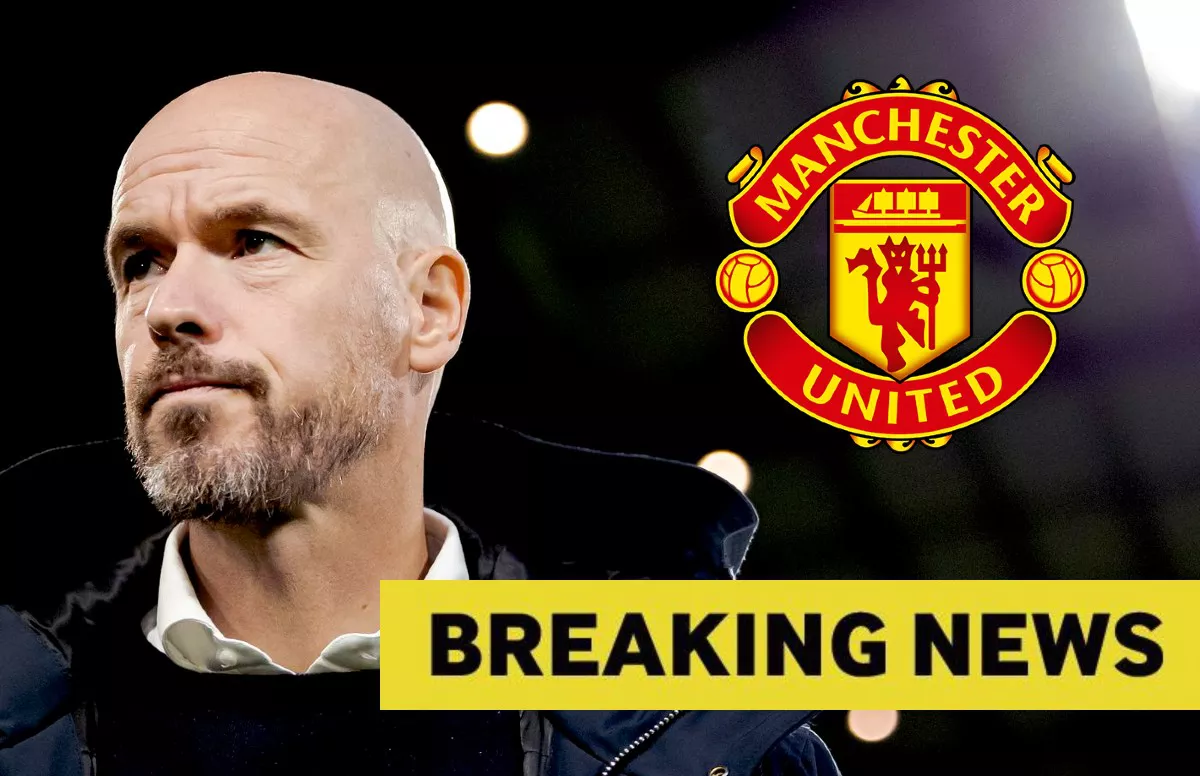By Fasuyi Tolulope Samuel
In today’s world, a puzzling reality stands out: sportsmen earn far more than professionals in noble fields such as medicine, law, science, and education.
While doctors save lives, scientists push the boundaries of human knowledge, and professors shape future leaders, footballers, basketballers, and tennis stars pocket jaw-dropping sums.
Why is this so?
First, let’s look at the numbers. According to Forbes 2024 list, Portuguese football star Cristiano Ronaldo was the highest-paid athlete, raking in $260 million in a single year, combining salary and endorsements.

Similarly, basketball legend LeBron James earned around $128 million. Compare this with a top-tier U.S. surgeon, who makes about $400,000–$600,000 annually, or a Nobel Prize-winning scientist, whose lifetime of research may barely bring in that much.
Even senior professors in prestigious universities rarely earn more than $200,000 a year. The gap is staggering.
So why do sportsmen earn this much more? The answer lies in entertainment value, audience demand, and global business models. Sports is a billion-dollar industry powered by fans, media rights, advertising, and sponsorships.
For example, the English Premier League (EPL) generates over £6 billion annually from TV broadcasting rights alone. Companies are willing to pay huge sums because millions around the world tune in every week.
When Lionel Messi or Ronaldo plays, it’s not just a game—it’s a global event. That attention translates into revenue, and naturally, the stars who drive that attention get the biggest slice.
Doctors, scientists, or professors don’t command massive audiences. A breakthrough surgery may save a life, and a scientific discovery may change the future, but it doesn’t draw 100 million live viewers like a FIFA World Cup final. Their work is essential but not commercially entertaining.
Another factor is scarcity and talent appeal. Only a handful of people can reach the elite level of sports. Millions play football worldwide, but just a few break into top clubs. That rarity boosts their market value.
In contrast, although highly skilled, the path to becoming a doctor, lawyer, or professor is more standardized, and many more professionals exist in those fields.
Finally, endorsement deals push sportsmen’s earnings into the stratosphere. Roger Federer, though retired, still earns over $90 million annually from brands like Uniqlo and Rolex.
A scientist may publish groundbreaking research, but companies don’t pay them millions to advertise shoes or watches.In summary, sportsmen earn more because their careers fuel a global entertainment industry with billions of fans, unmatched commercial appeal, and rare talent scarcity.
Meanwhile, doctors, scientists, and professors remain underpaid heroes whose contributions, though vital, are not designed to generate mass commercial profits.
So, next time you see an athlete’s paycheck, remember—it’s not just about skill, but about entertainment economics.
























